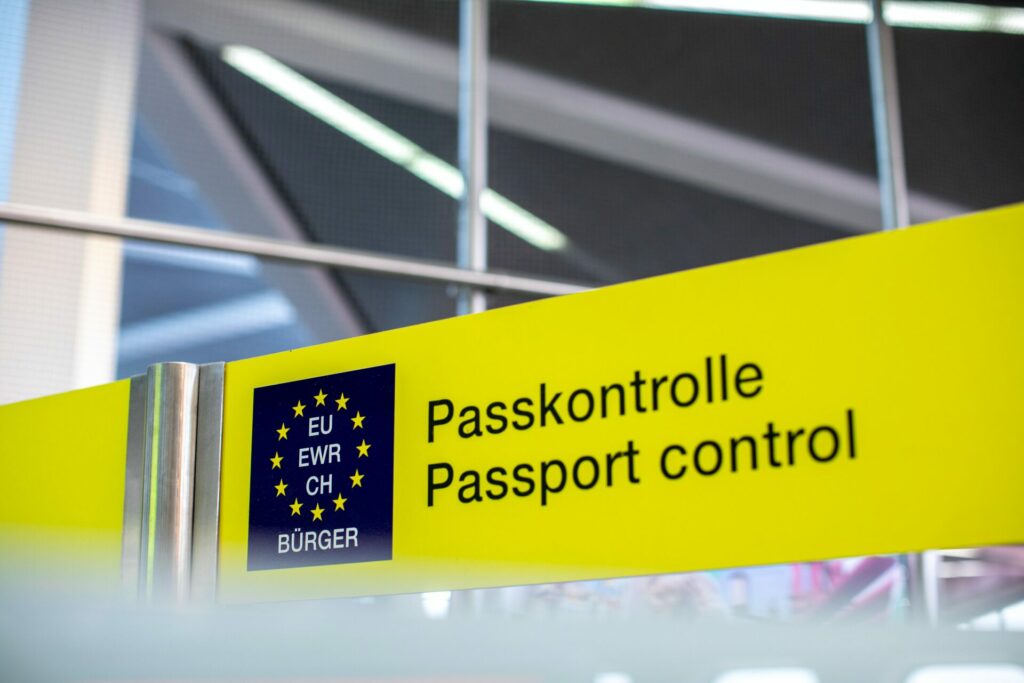Applicants for visas for countries in the Schengen Area will be able to apply online via a single European platform, under new rules adopted by the European Council on Monday.
In most cases, citizens of countries outside of the passport-free zone will be able to make Schengen visa applications exclusively on the platform. Visa stickers and passport stamps will be replaced with a digital visa, in the form of a barcode.
Appointments at a country's visa centre, embassy, or consulate will remain necessary only for first-time applicants, for people whose biometric data are no longer valid, or for new passport holders.
The EU did not set a precise date for when new system will be implemented. "The date of application of the new rules will be decided when technical work on the visa platform and the digital visa has been concluded," the Council noted in a press release.

Credit: Belga / Nicolas Maeterlinck
"The possibility of applying for a Schengen visa online will be a great improvement for citizens and for the processing of the application," said Spanish Interior Minister Fernando Grande-Marlaska Gómez, whose country currently holds the presidency of the EU Council.
"It will simplify the application process for travellers and, at the same time, will ease the burden on national administrations, which will be able to respond more quickly and effectively," he added.
Related News
- New travel rules to enter Europe from next year: What is ETIAS?
- Belgium in Brief: Are traffic jams an inevitable part of holiday season?
Citizens of about sixty countries, including the United States, Canada, Brazil, Australia and the United Kingdom, are currently exempt from visas for short stays in the Schengen Area.
By mid-2025, travellers from these countries will need to have a travel authorisation issued via ETIAS (European Travel Information and Authorisation System) in order to enter the EU and the Schengen Area.
The ETIAS certificate will cost €7 and be valid for three years. It will allow citizens of the aforementioned nations to enter and leave the Schengen Area as many times as they want for short-term stays (up to 90 days in any 180-day period).
This system, similar to the American ESTA (Electronic System for Travel Authorisation), aims to strengthen the controls of foreign travellers within the EU, in order to detect potential threats.
Third-country nationals travelling to the EU will also be subject to a new entry and exit control system (EES) at the end of 2024. This centralised database will include the date and place of entry and exit (or refusal of entry) as well as photographs of the traveller's face and fingerprints.
At present, 27 European countries are members of the Schengen Area and hence issue Schengen visas: 23 of the 27 EU Member States, plus Iceland, Liechtenstein, Norway, and Switzerland.
Bulgaria, Cyprus, Ireland, and Romania are the four EU Member States which are currently not part of the passport-free zone.

